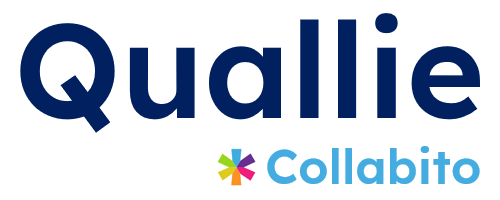When planning your new focus group, it is always worth sitting down for a minute and considering the pros and cons of an online focus group vs. the offline focus group.

Advantages of online focus group (text-based)
Focus group timing
Conducting a typical online focus group project takes significantly less time in almost all phases – preparation, execution, and reporting.
Focus group price and costs
Online focus groups are cheaper than offline focus groups. You only need an online focus group software and a stable internet connection. No rooms with a one-way mirror, no assistants and receptionists, no special technical equipment and staff.
Geographical independency
Respondents don’t need to commute to your offices so you can geographically structure your focus groups and invite people from several cities, regions, states, or even continents.
Hard to reach respondents
I’m sure you know it well, there are target groups who are impossible to get to your place to take part in your focus group. B2B decision makers, busy people, developers, and many others. I don’t say it’s a piece of cake to get them to your online project, but it’s much easier according to our experience.
Respondent bias
Participants influence the opinions of other participants, some respondents do not express their real opinions, to comply with the others. Some respondents tend to take over the leading role in classical in-person focus groups. The respondent bias is significantly weaker in the online focus groups.
Sensitive topics
People usually prefer to answer sensitive questions anonymously, which cannot classical provide. This is where text-based online focus groups can excel.
Deeper insights (?)
Online video focus groups are very close to the classical inperson sessions, but the group dynamic is usually different and you need more time to get the same level of insights.
A text-based focus group can sometimes surprise with the depth of respondents’ posts. It might be a result of the non-emotional substance of this method. People can better focus on the topic and questions and are not pushed by the circumstances and personal presence in an unknown environment.
We put the question mark in the title because we are aware there is definitely a wide range of topics that are not suitable for online methodology and if applied you will get much fewer insights if any. Both video- and text-based live chats are also slower than offline focus groups. This is also a reason for worse results if the topic range and length are not adjusted for online conditions.
Online focus group disadvantages
Missing emotions and spontaneous feedback
Emoticons, emojis, and interjections are the highest expressions of respondents’ emotions. Don’t expect more and if your topic is emotionally and spontaneously oriented, just choose an offline focus group or at least a video-based online session.
Slower focus group flow
Expect that the discussed topic range of the online session will cover only about half of the offline FG. This means the 90min online group will cover the content of the 60min offline group. People need time to read the question first and then to type answers. Keep this in your mind when you plan the schedule.
Senses: no touch, no smell, no 3D
You can t show and pass the physical object to respondents during the online session to touch the product, smell it or try to use it. This disqualifies online focus groups in many projects. You could send the products or materials in advance to respondents by post, but it’s better to conduct the study in a classic way.
Online active users only
Obviously, you get only internet users to an online system. If you need to know the feedback from internet non-users, go the classic way! Even if you get the non-user to the internet app, he won’t be able to type quickly enough or use the common browser functionalities without the help of somebody else.
Technical issues
It’s not very common, but participants can have problems with their computer, internet connection, or just can’t find the email invitation with the session address.
Use cases: text-based online focus groups
Here are some topic examples which were successfully conducted as online focus groups:
Product features
Mobile plans, bank account packages, portfolio structure, product accessories, …
Political topics
Perception of current affairs and campaigns.
Express pretest insights
To adjust claims or texts in the upcoming campaign.
Service improvements
Perception and evaluation of service provided by the client and competitors. Initial insights for the following quantitative study.
Website content
Perception of content and website structure. Navigation concepts, UX issues.
Technical topics
To adjust the details and parameters of the new equipment.
Customer insights
Customer satisfaction feedback to explore current issues.
